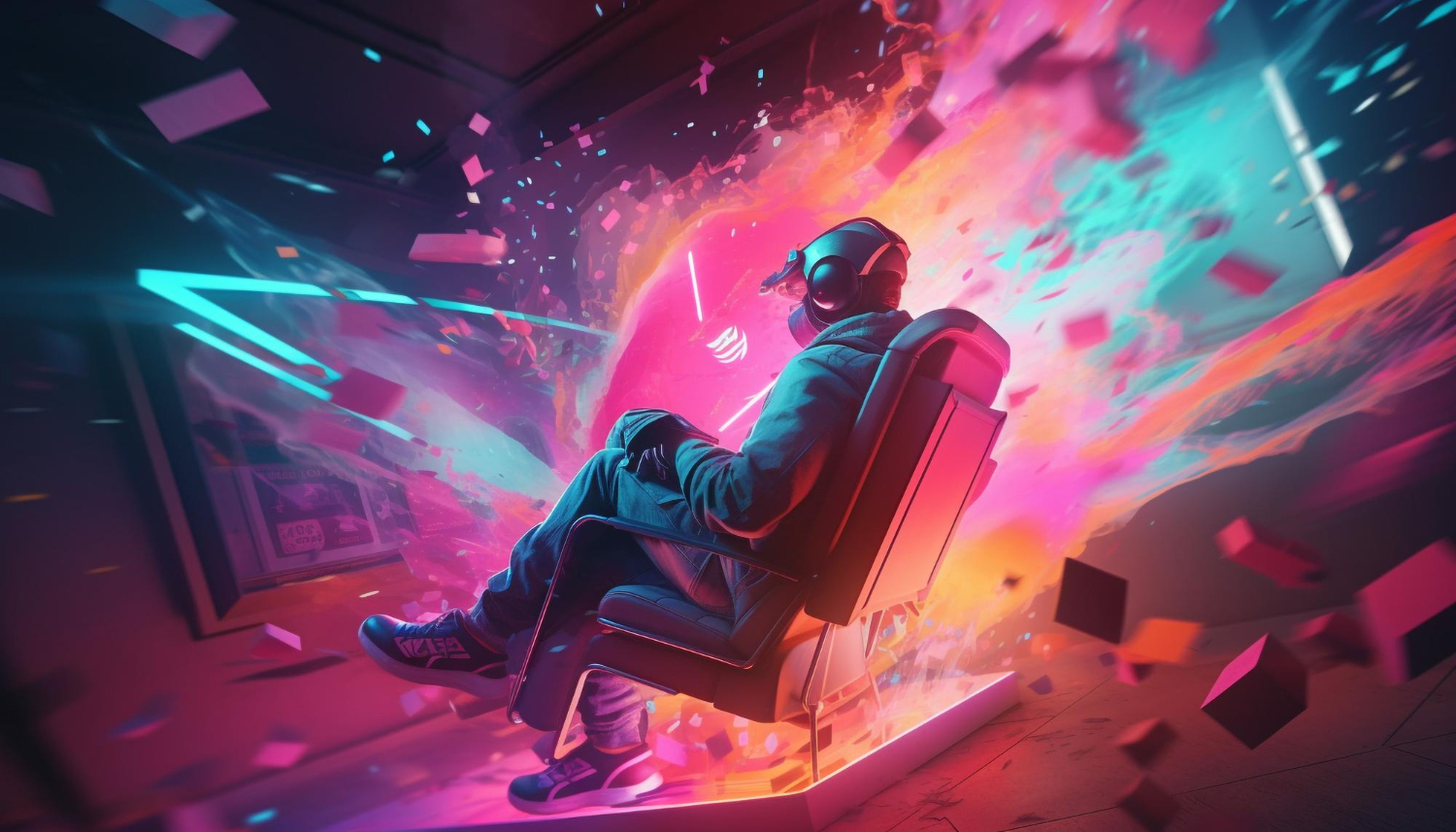Unveiling the Future of Gaming: NFT Game Development
Introduction:
In recent years, a revolutionary trend has emerged in the gaming industry, fusing blockchain technology and gaming experiences to create a new frontier: NFT game development. Non-fungible tokens (NFTs) have taken the world by storm, and their integration into gaming has opened up a realm of possibilities. In this blog post, we will delve into the exciting world of NFT game development, exploring its key elements, benefits, and the potential it holds for the future of gaming.
The Power of NFTs in Gaming:
NFTs, unlike cryptocurrencies such as Bitcoin or Ethereum, represent unique digital assets that can be bought, sold, and owned by individuals. By leveraging blockchain technology, NFT game developers have introduced these tokens as in-game items, characters, or collectibles, giving players true ownership and enabling them to trade or sell their virtual possessions.
Enhanced Gameplay and Collectibles:
One of the primary attractions of NFT games lies in the creation of unique, scarce, and valuable in-game assets. These assets can range from powerful weapons and rare items to exclusive character skins or virtual real estate. Players can acquire, trade, and showcase their NFTs, making their gaming experience more immersive and personalized.
Play-to-Earn Mechanics:
NFT game development has introduced a groundbreaking concept: play-to-earn mechanics. By incorporating blockchain and NFTs, players have the opportunity to monetize their in-game achievements. This means that skilled and dedicated players can earn real-world value by selling their acquired NFTs to other players, creating new avenues for financial empowerment within the gaming community.
Building Thriving In-Game Economies:
NFT games often establish vibrant in-game economies where players can engage in trading, auctions, and marketplace transactions. This economy is fueled by the rarity, desirability, and scarcity of NFTs, which in turn promotes an active player base and fosters a sense of community. Additionally, developers can introduce events and limited-edition releases, driving excitement and investment within the game’s economy.
Challenges and Considerations:
While NFT game development holds immense promise, it is not without its challenges. Issues such as scalability, gas fees, and the environmental impact of blockchain networks need to be addressed to ensure a sustainable and accessible gaming ecosystem. Developers must also carefully balance the gameplay experience with the integration of NFTs to prevent pay-to-win scenarios or excessive monetization.
The Future of NFT Game Development:
As technology evolves and blockchain networks continue to mature, the future of NFT game development looks incredibly promising. We can expect to see more innovative gameplay mechanics, cross-platform compatibility, and enhanced interoperability between different NFT games. Additionally, advancements in augmented reality (AR) and virtual reality (VR) technologies may further amplify the immersive potential of NFT-based gaming experiences.
Conclusion:
NFT game development has revolutionized the gaming industry, offering players a new level of ownership, engagement, and economic empowerment. With the integration of blockchain technology, NFTs have become the backbone of immersive gaming experiences, driving innovation and creating new opportunities for players and developers alike. As the industry continues to evolve, it’s an exciting time to be part of the NFT game development landscape, shaping the future of gaming one digital asset at a time.
